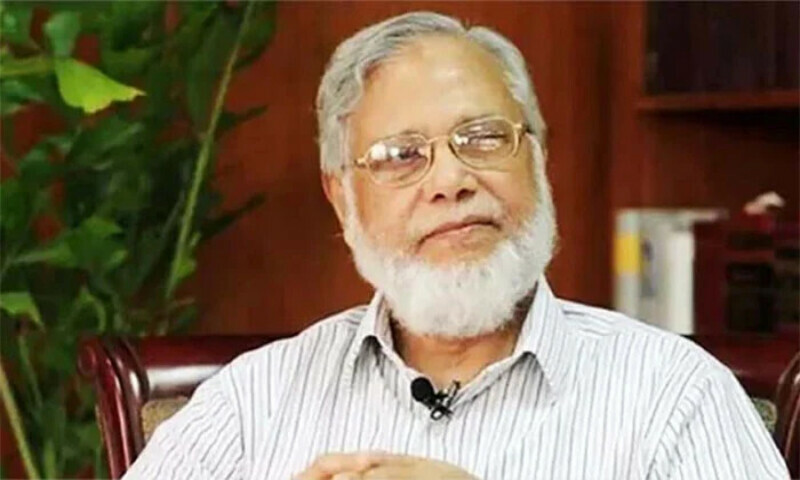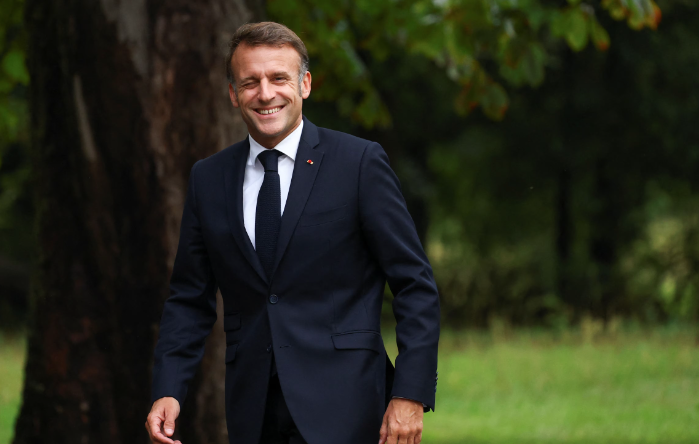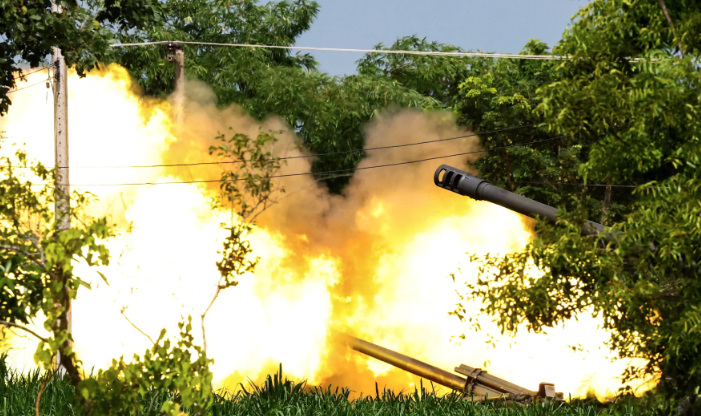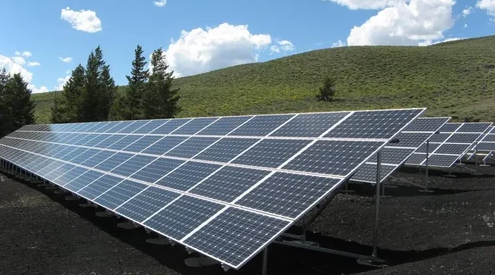WORLD NEWS
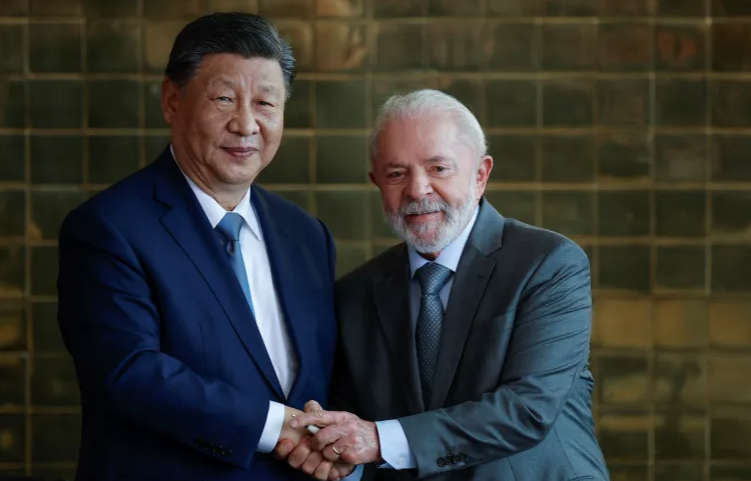
A sharp escalation in U.S.-Brazil trade tensions, triggered by President Donald Trump's decision to impose a 50% tariff on Brazilian imports, is already reshaping global alliances. Experts say the move is strengthening Brazil’s already-deepening ties with China while risking long-term damage to the United States’ economic and geopolitical standing in Latin America.
President Luiz Inácio Lula da Silva, during his recent visit to China, hailed relations with Beijing as “indestructible” — a message now underscored by Trump’s tariff threat. Initially, Brazilian exports were expected to face a 10% duty under Trump’s “Liberation Day” economic agenda. But in a surprise announcement, the rate was raised to 50% and will go into effect on August 1.
The measure, justified by Trump in a letter as retaliation for what he called a “witch hunt” against former Brazilian President Jair Bolsonaro, has alarmed exporters in key industries — including aviation, auto parts, agriculture, and beverages. Experts say the overt politicization of trade policy is likely to further isolate the U.S. and make China an even more attractive and stable economic partner for Brazil.
“The reality is that, today, the relationship between Brazil and China is much more positive and promising than the one with the United States,” said Tulio Cariello, Director of Research at the Brazil-China Business Council.
The announcement came just days after the BRICS summit in Rio de Janeiro, where member nations condemned rising protectionism as “inconsistent with WTO rules.” Trump’s actions were seen as a direct affront to those principles.
Further complicating the U.S. position is Trump’s false claim of a trade deficit with Brazil. In reality, Brazil runs a $7.4 billion deficit with the United States, while enjoying a $31 billion surplus with China.
China’s Foreign Ministry condemned the move, stating, “Tariffs should not be a tool of coercion, intimidation, or interference.”
The fallout is already visible. Brazil’s Ministry of Finance announced the opening of a tax advisory office in Beijing — only the fifth such office globally and a strong signal of institutional partnership. Meanwhile, Chinese investment in Brazil has crossed $73 billion since 2007, concentrated in strategic sectors such as energy, agriculture, infrastructure, and clean tech.
“While the U.S. still leads in total investment, China’s approach is more targeted and synchronized with government priorities,” said Mauricio Weiss, economics professor at the Federal University of Rio Grande do Sul.
Chinese influence is also growing in consumer markets. Electric vehicle giant BYD — now responsible for 70% of EV sales in Brazil — has taken over a former Ford factory in Bahia. Strategic infrastructure projects, such as the bi-oceanic rail corridor connecting Brazil to the China-backed port of Chancay in Peru, are further evidence of regional integration.
Still, analysts caution that China won’t replace the U.S. as a market for Brazil’s manufactured goods, as the countries have different consumption profiles. But China’s strategic investments could help Brazil scale up domestic manufacturing and shift toward regional exports.
President Lula remains optimistic. Speaking in China earlier this year, he emphasized shared goals:
“Brazil and China will be indispensable partners. Together, we can make the Global South respected in the world like never before.”
As the August 1 tariff deadline nears, businesses and policymakers are watching closely — but one thing is clear: the U.S. may have just accelerated a global realignment it can no longer control.
